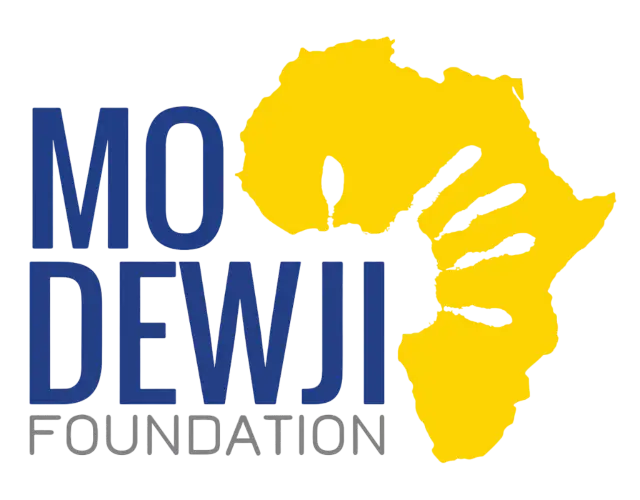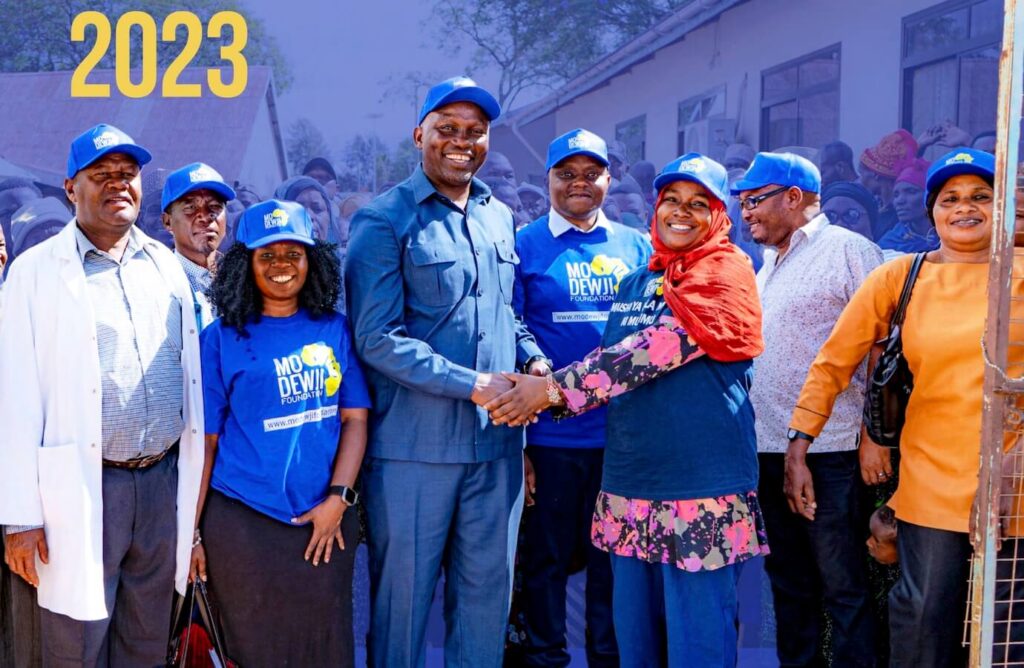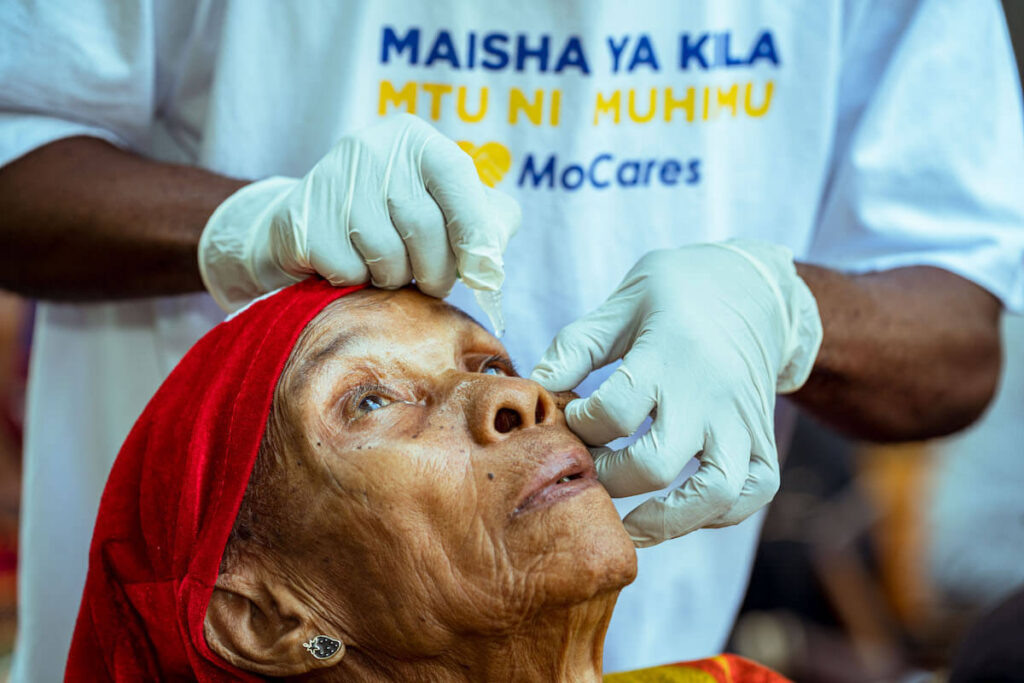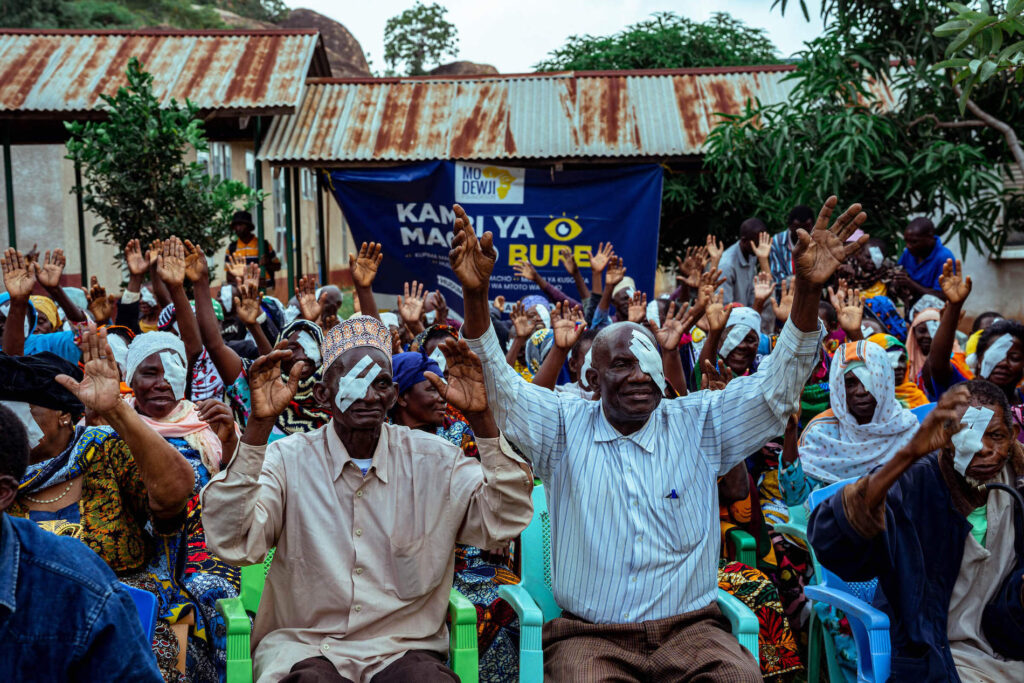Visual impairment proves a significant challenge to people across the world and in Tanzania, and without access to proper health care, many continue to be impeded in their daily lives by poor vision and infections. Recognising this proliferating issue, the Mo Dewji Foundation has set out to tackle this problem head-on, with the use of several free-of-charge eye camps. The districts of Muheza, Korogwe, and Masasi, home to hardworking communities of all ages, have been visited this year by a collaboration between the Mo Dewji Foundation, local government and healthcare staff with great success.
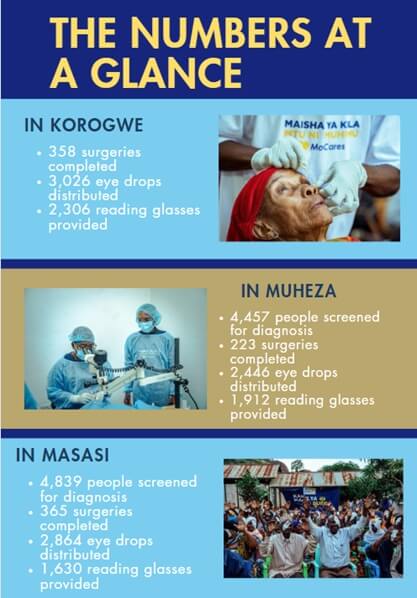
Across the three districts, the eye camps have organised and overseen the delivery of eye examinations, eye medication, reading glasses, and cataract surgeries. Free of charge and delivered by trained specialists, the camps have received overwhelming turnout, and generated impressive numbers.
The camps have targeted a number of prevalent vision problems within the communities. Testimonies from across the camps speak to the problems that people of all ages experience, from infections and allergies to cataracts and glaucoma. A doctor working at the Muheza camp estimates that 15% of the community’s population had been suffering from vision problems. The challenges stemming from visual impairment have been pervasive, and members of the communities have spoken to their inability to complete basic daily tasks like farming, cooking, and washing clothes. “In short, I couldn’t even maintain a household” says one beneficiary. For many people who arrived at the camps, access to eye healthcare was paramount.
The camps did not come without their own challenges, however. Across the camps, turnout was immense, and the limited resources combined with an extensive patient list often meant that the dedication of the doctors was tested. The staff, however, were tenacious in their work, ensuring that each patient received the necessary treatment. Though the camps have concluded, the Mo Dewji Foundation leaves behind a wealth of knowledge about eye healthcare and trained and motivated health workers, well-equipped to continue this important work. “This support is immensely valuable” one doctor from Muheza notes, “to gain experience by working with these specialized doctors. This ensures that the services will be sustainable in the future”.
The success of the projects is evident in the communities’ testimonies. From Muheza, one patient tells us that his “dreams had faded” because of the burden of his visual impairments. After using the camp’s services, however, he notes, “my activities will continue, and I will be able to live independently, without relying on my family”. Receiving treatment, accommodation, food, medication, and glasses, the patient emphasises, “We have received exceptional care. We have never experienced such service before. No one will need to be assisted anymore; everyone will walk home on their own”.
In Korogwe, another patient shares that her eye had become so infected that she couldn’t see her children but having received the proper care at the eye camp, she comments, “Now I can see and am excited to go home again to farm and cook… Mo Dewji has helped us, and we have become humans again, capable of doing our day-to-day activities”.
Across the camps, many have shared their appreciation for the work of the eye camps. From staff who note their deep gratitude “for the substantial health contribution made to the residents” to a patient who notes, “I can see the world again, clear skies and clouds”, the impact of the eye camps have been far-reaching and profound. Moving forward, the Mo Dewji Foundation leaves a legacy in these districts of eye health expertise and residents with improved quality of life.
The Mo Dewji Foundation remains dedicated to its mission of providing sustainable and scalable health solutions. By continuing to work together with local authorities and healthcare providers, we aim to bring even more light to those living in darkness. The Mo Dewji Foundation believes that every life matters, and we are committed to transforming the lives of the most-under privileged and those under-served in Tanzania.
